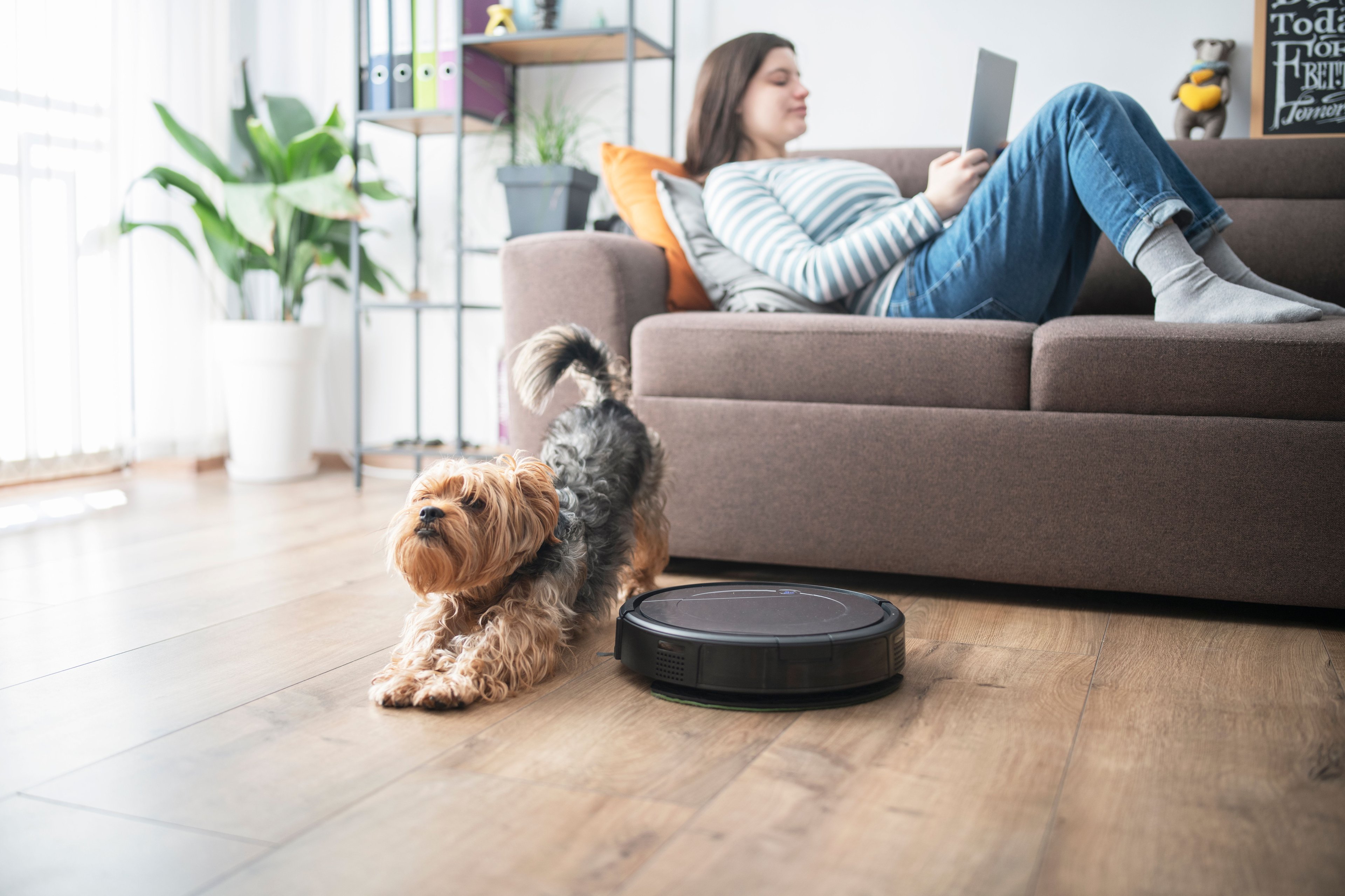iRobot (IRBT 21.07%) just reported fourth-quarter and full-year results, and boy, do they look ugly. Sure enough, while negating the threat of robots taking over anytime soon, the report sent fickle investors running for the hills, as the stock plummeted more than 12%. While it's not as bad as the 19% loss iRobot investors endured following last quarter's earnings, something tells me this provides little solace for its current shareholders.
But were the results really that bad? Let's dig into the numbers to find out.
Revenue for the fourth quarter was $100.7 million, down 23% from the year-ago period. For the full year 2012, revenue was also down 6.3%, to $436.2 million and, as a result, net income for the year fell 57%, to $17.3 million. Worst of all, iRobot suffered a net loss in the fourth quarter, of $5.9 million, or $0.21 per share, compared with net income of $10.6 million in the fourth quarter of 2011.
Interestingly, the fourth-quarter results were better than both iRobot and its analysts predicted in October, when the company called for a loss per share between $0.33 and $0.39. So what dragged the company down?
As CEO Colin Angle reiterated multiple times during last quarter's earnings call, iRobot expected the restructuring of its struggling Defense and Security segment to have a negative effect on earnings per share between $0.09 and $0.11. In addition, management previously warned that the acquisition of Evolution Robotics would be dilutive to earnings for at least two quarters, and expected a negative impact on earnings per share of $0.18 to $0.22. In the end, however, the combination of both events reduced EPS by a less-than-expected $0.22.
This too shall pass
With its defense business now stabilized, and the incorporation of Evolution Robotics under way, iRobot investors can look forward to an increasing reliance on the fast-growing Home Robot business, which enjoyed 28% growth, and accounted for 82% of the company's total revenue for the year. When all's said and done, at the end of 2013, iRobot now expects the profitable home bots to make up 90% of its overall business after growing another 20%.
In addition, iRobot has begun shipping its RP-VITA medical telepresence robots to partner InTouch Health, where the systems will be integrated with proprietary technology for telemedicine and medical health records. While it remains to be seen how quickly hospitals will adopt the system, it should be affordable at between $4,000 and $6,000 per month through a leasing model. This may sound expensive at first, but it looks downright insignificant compared to expensive robotic surgical systems like Intuitive Surgical's da Vinci robots, or MAKO Surgical's RIO Platform, where the upfront and recurring costs can easily run to seven figures.
Still, we shouldn't expect to see RP-VITA materially contribute to iRobot's revenue for at least another two years. Unlike newcomer MAKO Surgical, however, iRobot has a clear, predictable path to solid profitability, and doesn't need to worry as much about chunky revenue negatively affecting its future quarterly results.
Bottom line
Nobody likes to see red in an earnings report, even if the numbers are better than expected. In the end, I'm convinced this is nothing more than a knee-jerk reaction to results that are only bad on the surface. iRobot's losses won't last forever, and today's drop is the perfect chance for opportunistic investors to buy.






